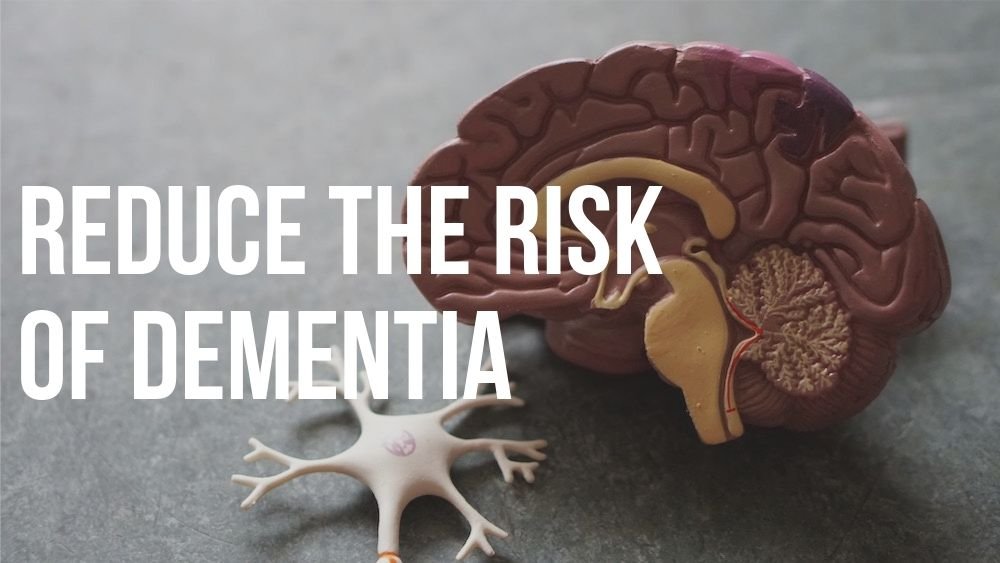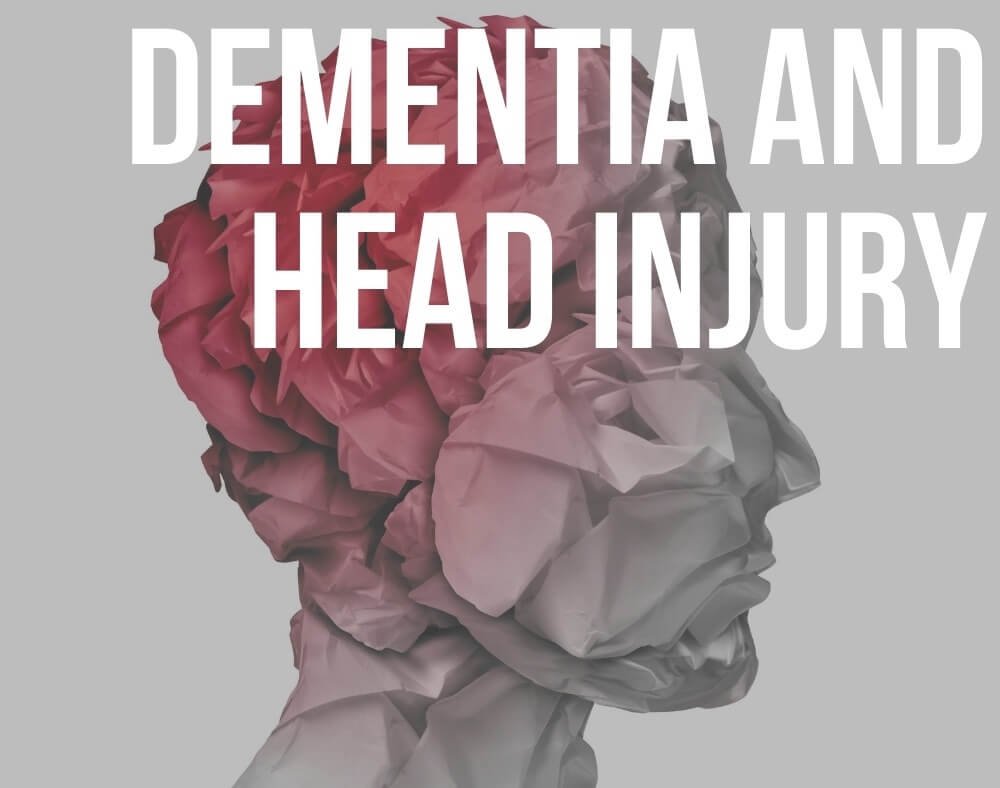If you have dementia or are caring for a person with the illness, it is prudent to be aware of some psychotic symptoms that may affect the weak person like dementia and paranoia.
Because of the changes that happen in the brain, individuals living with dementia may experience paranoia episodes.
It is estimated that about 70% of people with dementia experience paranoia during the course of the illness.
Paranoia is a common trait during the later stages of dementia even though it can occur at any stage.
When someone has paranoia, they tend to believe in false things.
For instance, a person may think that the police are always after them, they may think that an individual they trust is stealing from them, or even believe that their home is not theirs.
In most cases, the incidences of paranoia are usually misidentifications that are brought about by cognitive impairment and not true psychotic conditions.
Contents
Practical Approach on Dementia and Paranoia
If a person with dementia has paranoia, there are several steps caregivers can take to help cope with the symptom such as:
Consulting a Professional or Doctor

Speaking to your GP is a great place to start if you want to help a person with paranoia.
The professional can conduct appropriate tests to determine if there are any physical causes behind paranoia.
It can be anything from bladder or kidney infections, pain, anxiety disorders, dehydration, or drug/alcohol abuse.
In most cases, treating these can help put an end to paranoia.
In some instances, the physician may uncover possible prescribed treatments that are causing paranoia. Experts also advise that professionals check the hearing and eyesight of the ill individual regularly.
Ensure that the person with dementia wears functional hearing aids or prescribed glasses if they need to.
If the paranoia is severe, the doctor may have to prescribe some medication that will help deal with the condition.
Antipsychotic medications like chlorpromazine and haloperidol are effective for treating paranoia.
Non-Drug Approaches

Away from medicine, there are also other ways of dealing with dementia and paranoia.
However, you should only try this after ruling out all other possible treatable causes outside dementia. Some of the options you can try out include:
Modifying Living Environment

For some people with dementia, it will only take a few changes around the house to stop them from being “paranoid.”
For example, if a person is always looking at the curtains in their bedroom and they see faces, removing or changing them can offer a much-needed solution for the trouble the person is going through because of dementia and paranoia.
Moving them to another room if they are comfortable with this can also help out. Ensure that the person is always in a well-lit area because this reduces frightening shadows.
Some people may look in the mirror and see strange people.
This can be an indication that the impaired individual no longer recognizes their reflection. Doing away with mirrors, in this case, is necessary.
For a person who always complains of people stealing from him/her, it may help to have duplicate items of the things they need. This way, you can always offer them the item quickly if it is lost.
Ignore the Person

It might be strange reading this as advice for coping with dementia and paranoia.
Worth noting is that not all cases of paranoia are upsetting or frightening to the person with the illness.
At times, they may crop up as a way of making sense of things. For example, an individual with dementia may not remember where they put their keys; thus, they conclude that another person stole them.
This means that you must assess the situation before you think of how to act.
If the paranoia episodes are not dangerous to the suffering person and those around him or her it may be best not to intervene.
Offer Support and Reassurance

Remaining calm and supportive is necessary when you are handling a person who has dementia and paranoia.
Do not try and get into a fight with them trying to convince them that they are wrong and they should not believe in false things.
This will only make the situation worse.
Learn to accept their realities and be tactful when offering a response so that you are always honest without annoying the weak person.
It is recommended that you use a gentle touch and kind words. You can tell the suffering person that you are there for them and you will offer protection.
You can also politely ask whether you can hold their hand and take a walk to reduce the symptom.
If the person you are interacting with needs answers, make them simple and short to avoid overwhelming them with lengthy reasons or explanations.
Switch Focus

Another option you have when tacking dementia and paranoia is to switch the focus of the individual to another activity.
You can ask for help with a house chore or suddenly start to talk about something they love.
If the person loves music, you can play them some of their favorite tunes.
Another suggestion is to engage the individual with paranoia where you can play a game or try and complete a puzzle. If this does not work, do no push it too much because it can be frustrating to the person with dementia.
Instead, pick up another coping technique that offers more validation. Aim for such approaches that make them happy.
You can ask to hug the person and let them know that they are in safe hands. You might also want to explain to others that it is dementia causing the ill person to behave the way they are so that everyone around is on the same page.
Dementia and Paranoia Closing Thoughts
Dealing with a person who has dementia and paranoia may be quite challenging. You want to do all that is in your power to get rid of this symptom.
Always remember that it is the disease that is making the weak person paranoid and they are not doing it on purpose.
Caregivers may want to join support groups where they can share experiences with others as they learn new techniques of effectively dealing with the symptom.







